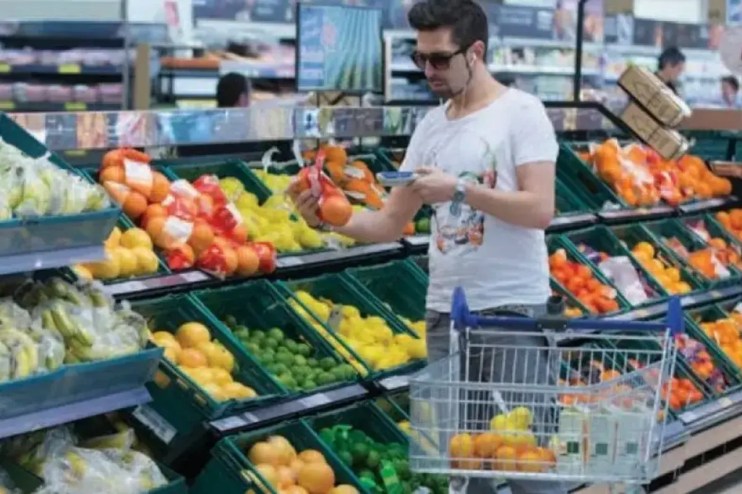Grocery inflation slowed as supermarket discounts deepened

Grocery inflation in January slowed for the first time in six months after supermarkets lowered prices in response to stretched household budgets.
Inflation was 3.3 per cent in January, easing from 3.7 per cent in December, according to the latest figures from Kantar.
Prices rose for chocolate, juices and butters, but fell for cooking sauces, toilet paper and cat food.
“Supermarkets were dishing out the discounts this New Year, and consumers responded,” Fraser McKevitt, head of retail and consumer insight at Kantar, said.
Spending on promotions rose year-on-year by £274 million, accounting for 27.2 per cent of sales – the highest level in January since 2021.
Grocery prices have inflated every month since last August, but the rate of growth remains far below the double-digit figures seen during the cost-of-living crisis.
However, recent forecasts from the British Retail Consortium (BRC) have suggested that food prices will rise by an average of 4.2 per cent in the second half of this year, although this is far above other analysts’ estimates.
免責聲明:投資有風險,本文並非投資建議,以上內容不應被視為任何金融產品的購買或出售要約、建議或邀請,作者或其他用戶的任何相關討論、評論或帖子也不應被視為此類內容。本文僅供一般參考,不考慮您的個人投資目標、財務狀況或需求。TTM對信息的準確性和完整性不承擔任何責任或保證,投資者應自行研究並在投資前尋求專業建議。
熱議股票
- 1
- 2
- 3
- 4
- 5
- 6
- 7
- 8
- 9
- 10